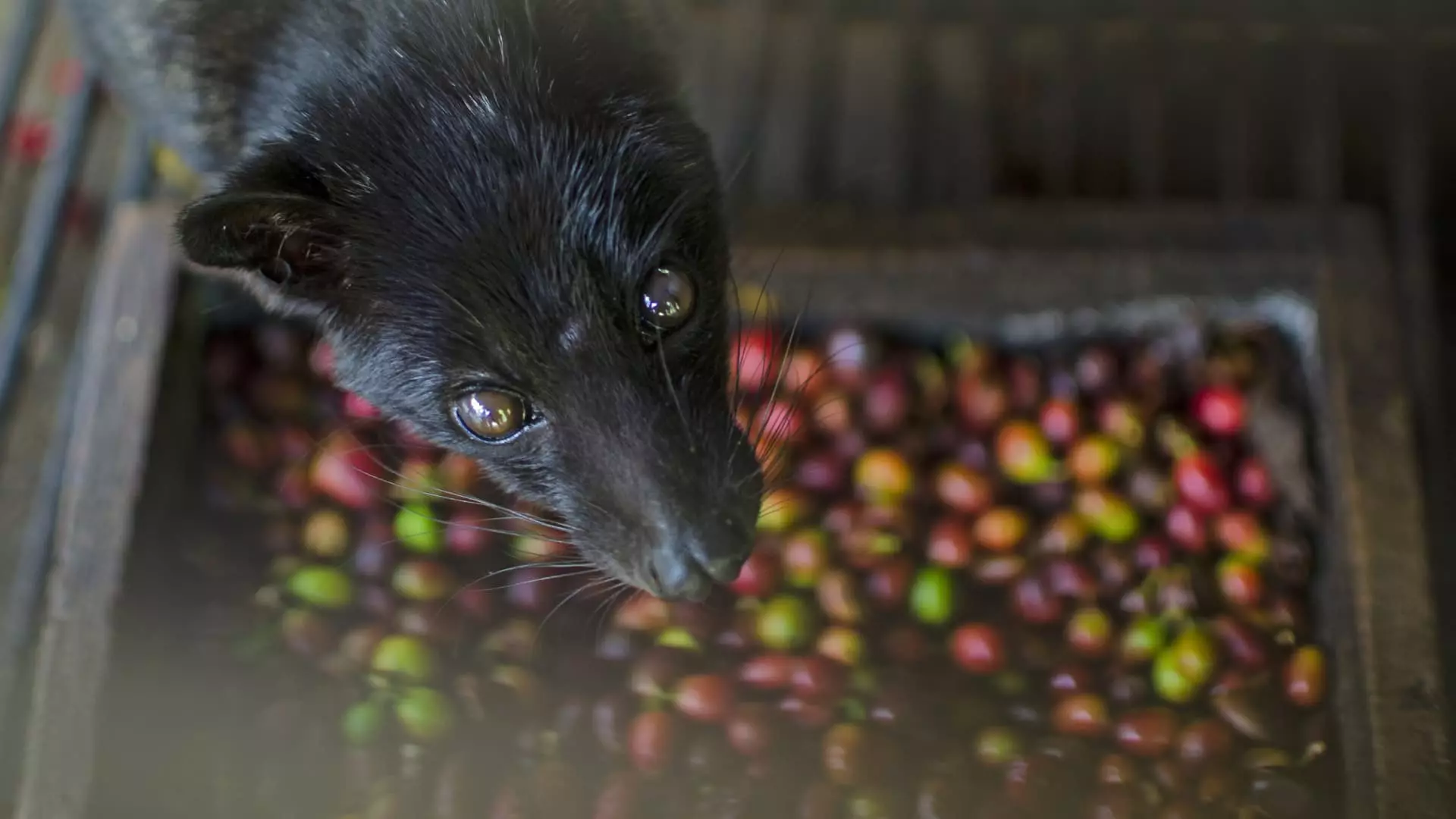The concept of civet cat coffee may sound exotic and intriguing to some, but the truth behind its production is far from glamorous. A recent undercover investigation by People for the Ethical Treatment of Animals (PETA) has shed light on the dark and cruel reality of how this so-called delicacy is obtained. The undercover footage revealed the shocking conditions in which Asian palm civets are kept in Bali, confined to filthy cages with open wounds, and fed a steady diet of coffee berries.
A Cruel Industry
It is disturbing to learn that the vast majority of civet cat coffee is not harvested from wild civet cats as many tourists are led to believe. Instead, these animals are kept captive in inhumane conditions on farms, enduring confinement, suffering, and sadness for the sake of producing this expensive beverage. The industry’s relentless demand for kopi luwak has led to the exploitation and mistreatment of these living, feeling beings.
The issue of civet cat coffee production extends beyond Bali, reaching other parts of Indonesia and countries that serve this coffee. Despite global condemnation and efforts to raise awareness, the inhumane treatment of civet cats persists in the industry. The high demand for this niche product has fuelled a lucrative market that relies on caging these animals to meet the quantities required for export.
One of the ironies of civet cat coffee is that its shock value and unusual source attract many tourists to try it. There is a misconception that this coffee has a unique taste, perpetuated by businesses to justify the exorbitant prices they charge. Ranging from $45 to $600 per pound, civet cat coffee is often touted as one of the most expensive coffees in the world, further adding to its allure among consumers.
Environmental Impact
In addition to the ethical concerns surrounding the production of civet cat coffee, there are also environmental implications to consider. The increased demand for this coffee has endangered Asian palm civets in Indonesia, leading to a rise in the illegal wildlife trade. This exploitation of wildlife for commercial gain not only threatens the survival of these nocturnal mammals but also disrupts the delicate ecosystems in which they play a crucial role.
The allure of civet cat coffee may be tempting for some, but the hidden truth behind its production cannot be ignored. As consumers, it is crucial to be aware of the ethical implications of the products we choose to support. By advocating for ethical and sustainable practices in the coffee industry, we can help protect both animals and the environment from exploitation and harm. Next time you think about indulging in a cup of civet cat coffee, consider the cost beyond the price tag and make a conscious choice that aligns with your values.


Leave a Reply